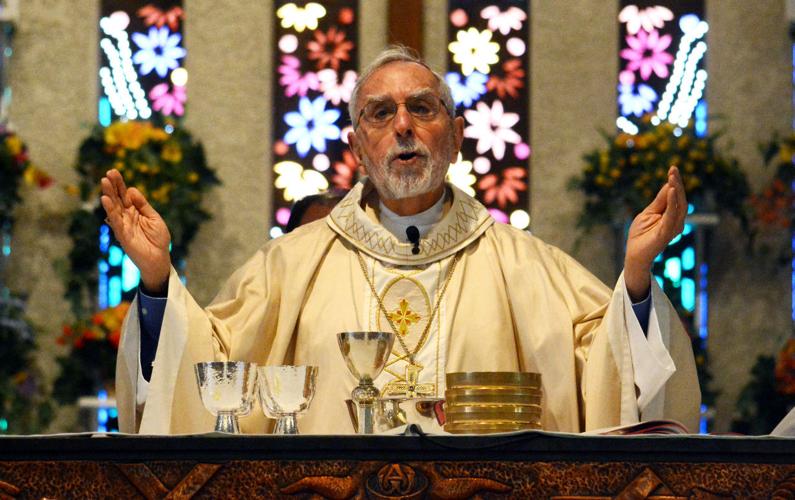A Catholic, a Muslim, a Jew and a Baptist walk into a room, but this is no joke.
Poverty is no joke.
On Sunday, representatives from the aforementioned traditions and others will gather for the Interfaith Poverty Solutions meeting in collaboration with Pima County’s Ending Poverty Now initiative.
The meeting will encourage faith communities to take action by using a workshop that promotes self-sufficiency and systemic change.
“Our desire is to acknowledge the charitable work that is done to help the poor, but to go deeper and look at poverty solutions,” said Sister Leonette Kochan, coordinator of the Roman Catholic Diocese’s Office of Human Life and Dignity. “How do we enable people to rise out of poverty? How do we enable them to become self-sustaining?”
At the meeting, about 90 religious leaders, lay people and community organizations will discuss options including the program “Bridges Out of Poverty — Getting Ahead.”
The Rev. Grady Scott of Grace Temple Baptist Church, 1019 E. 31st St., has been hosting the workshop at his church for a few years.
“It’s not just a way of helping people find the resources to make it through the day, but to teach them how to get out of poverty for good,” said Scott, who will present on Sunday.
Bishop Gerald Kicanas of the Roman Catholic Diocese of Tucson extended the invitation to leaders of a variety of religions and denominations.
“During our time together, we will reflect on the common mission within our various faith traditions, that of caring for the poor,” wrote Kicanas in his invitation. “We will seek to gain an understanding of poverty and listen to success stories from folks who are working to break their cycle of poverty.”
The nationally used program, based on a book by Philip DeVol and created by Aha! Process Inc., is a 50-hour process intended to leave participants with a “personal plan for getting ahead,” Kochan said. Locally, the St. Vincent de Paul Society has added a mentoring component.
Pima County is also implementing some of DeVol’s concepts.
The meeting is meant to inspire other faith communities to consider running the program on their individual campuses or take action to reduce poverty in other ways. That might mean providing child care and a meal during the workshop.
“For me, it’s crucial that churches that are well-resourced and have visibility and privilege leverage that in all the ways they can to address these issues,” said the Rev. Robert Hendrickson III, rector of St. Philip’s in the Hills Episcopal Church, 4440 N. Campbell Ave. Hendrickson will give the opening prayer and said his congregation is interested in hosting the program.
Bonnie Bazata, manager of Ending Poverty Now, and Giulio Grecchi and Tom Jefferson of the Society of St. Vincent de Paul will also speak, according to press materials.
“The county is saying this makes good economic sense, but in the faith community the conversation is about moral values and spiritual commitments and neighbors we don’t see or know,” Bazata said.
Rabbi Thomas Louchheim of Congregation Or Chadash, 3939 N. Alvernon Way, will present the Jewish perspective on caring for the poor. He believes this is a cause his people will get behind.
“One of the things that is really important for my religious community is to inform my congregants to get out of their inner selves,” he said, “to understand that they belong to a religious community not for themselves but for the sake of the community and to be better citizens. ... Part of that is understanding that you have a responsibility to care for others.”





